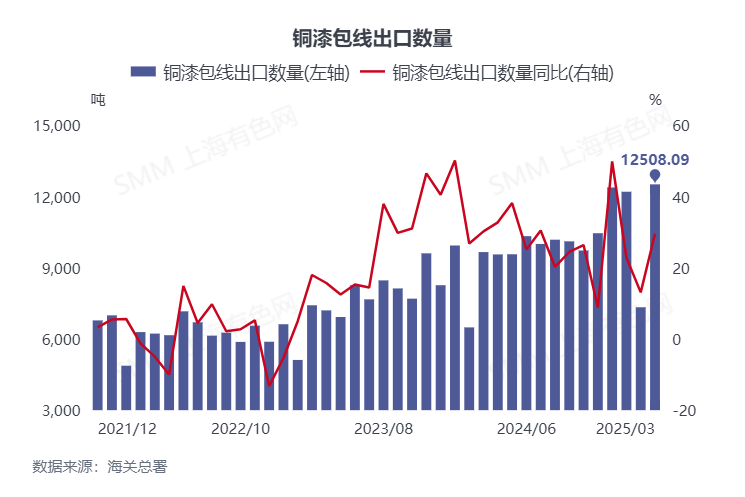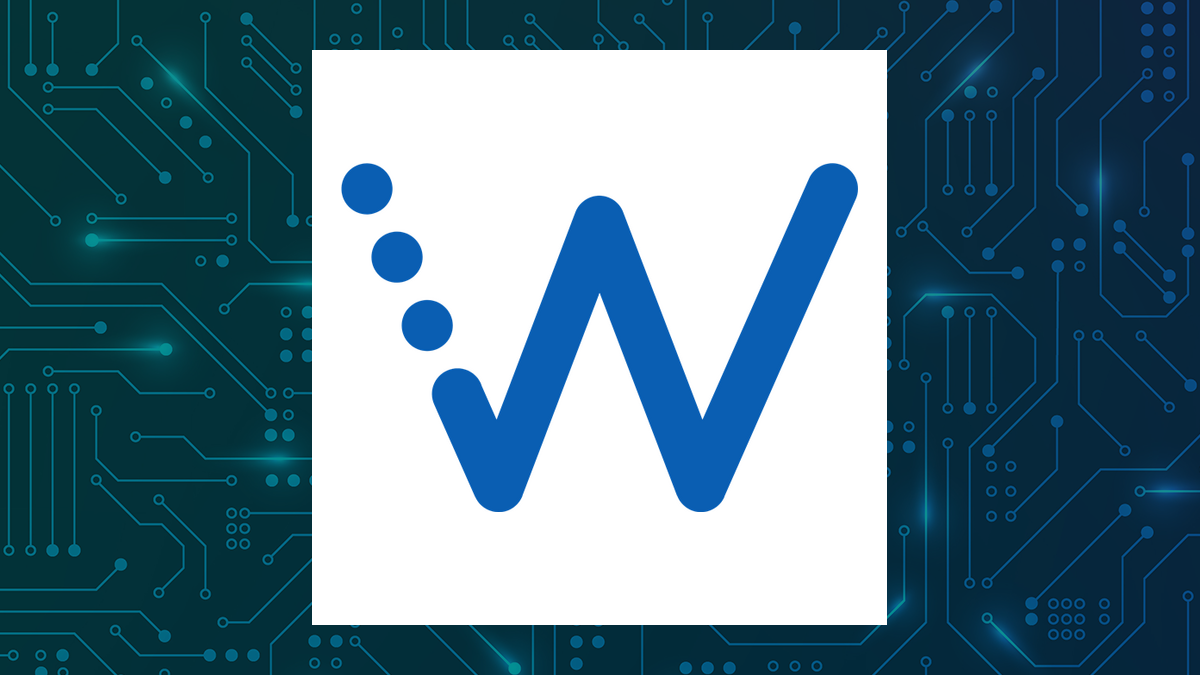In the fast-evolving world of data management, organizations are continuously seeking ways to enhance efficiency, scalability, and accessibility. In a recent exploration of data mesh architecture, Rakesh Maltumkar sheds light on how this revolutionary framework is transforming the business intelligence ecosystem. With a career dedicated to understanding enterprise data structures, His insights provide a compelling perspective on the paradigm shift from centralized data control to a decentralized, domain-driven model.
More often than not, traditional centralized data architectures can barely manage the increased weight and complexity modern-day enterprise data brings into the system. And such lagging legacy systems have become self-contained cliffs-and bottlenecks that restrict accessibility and innovation. Data mesh is one such framework to unhinge the in-operated domain-oriented teams in managing and owning their data assets from elsewhere.

Hence, breaking the limitations of monolithic systems would increase scaling up as well as operational efficiencies. The data are decentralized by giving ownership of data to the respective domain teams. This considers data as the product and implements federated computational governance for compliance and self-serve infrastructure to provide a seamless access provision.
It enhances scalability, collaboration, and innovation and eliminates bottlenecks in traditional monolithic data. Domain-oriented decentralized data governance is one of the fundamental principles of data management. Rather than relying on a central data management unit, individual teams within an organization are responsible for their own data domains.
This gives rise to better data quality, wherein the data can be certified for correctness, relevance, and availability by the teams with domain knowledge. Decentralization will further aid collaboration by ridding it of bottlenecks associated with centralized control so that cross-functional teams can efficiently work. A key innovation within the data mesh framework is the concept of data-as-a-product.
Traditionally, data has been viewed as a byproduct of business operations. However, under this new model, data is treated with the same rigor as a product, complete with defined ownership, usability standards, and consumer-oriented improvements. By applying product management principles to data, organizations can ensure better governance, enhanced discoverability, and increased interoperability across various departments.
Data governance has long been a challenge for organizations dealing with large-scale data ecosystems. Data mesh addresses this through federated computational governance, a model that balances autonomy with compliance. By establishing automated governance policies, organizations can ensure consistent data standards while still allowing domain teams the flexibility to operate independently.
This approach reduces compliance risks, improves data security, and minimizes operational inefficiencies associated with rigid governance structures. A significant advantage of data mesh is the introduction of self-serve data infrastructure. This enables domain teams to access and utilize data without excessive dependency on centralized IT teams.
Self-serve platforms streamline the process of data integration, reduce delays in data accessibility, and accelerate decision-making processes. As a result, businesses can harness the full potential of their data assets with minimal friction. By embracing data mesh, organizations are redefining their business intelligence ecosystems.
Key benefits include enhanced data accessibility, faster innovation cycles, and improved decision-making efficiency. Decentralized data ownership allows businesses to adapt more swiftly to changing market dynamics while maintaining high data quality and governance standards. Furthermore, this approach minimizes data silos and encourages seamless collaboration across departments.
While data mesh offers a robust framework for modern data management, its implementation presents challenges. Organizations must undergo cultural transformation, shifting from traditional centralized control to a more autonomous data management model. Establishing federated governance structures, ensuring data interoperability, and investing in self-service infrastructure are crucial for successful adoption.
Training teams and fostering a mindset shift toward treating data as a product are equally important in making this transition smooth and effective. In the near future, data mesh will evolve further with clouds and artificial intelligence. AI-driven data architecture enhances automation in data processing by allowing organizations to ingest very high data volumes at much higher levels of accuracy and efficiency.
Real-time data processing along with machine-learning capabilities will further enhance business intelligence. The competitive advantage will go to companies that apply data mesh principles coupled with the emerging technologies. Thus, it is concluded that the mere adoption of data mesh is already a huge transformation in the perceptions of an organization regarding data management.
Such organizations having suffered their share of challenges can now better handle data governance, encourage innovation, and address operational bottlenecks with a decentralized approach. From the insights provided by Rakesh Maltumkar, it is clear that organizations adopting this modern approach will be better able to cope with the myriad complexities associated with the digital era. Very soon, data will become the lifeblood of business intelligence, and the concept of data mesh will influence how enterprise data ecosystems evolve.
.
















